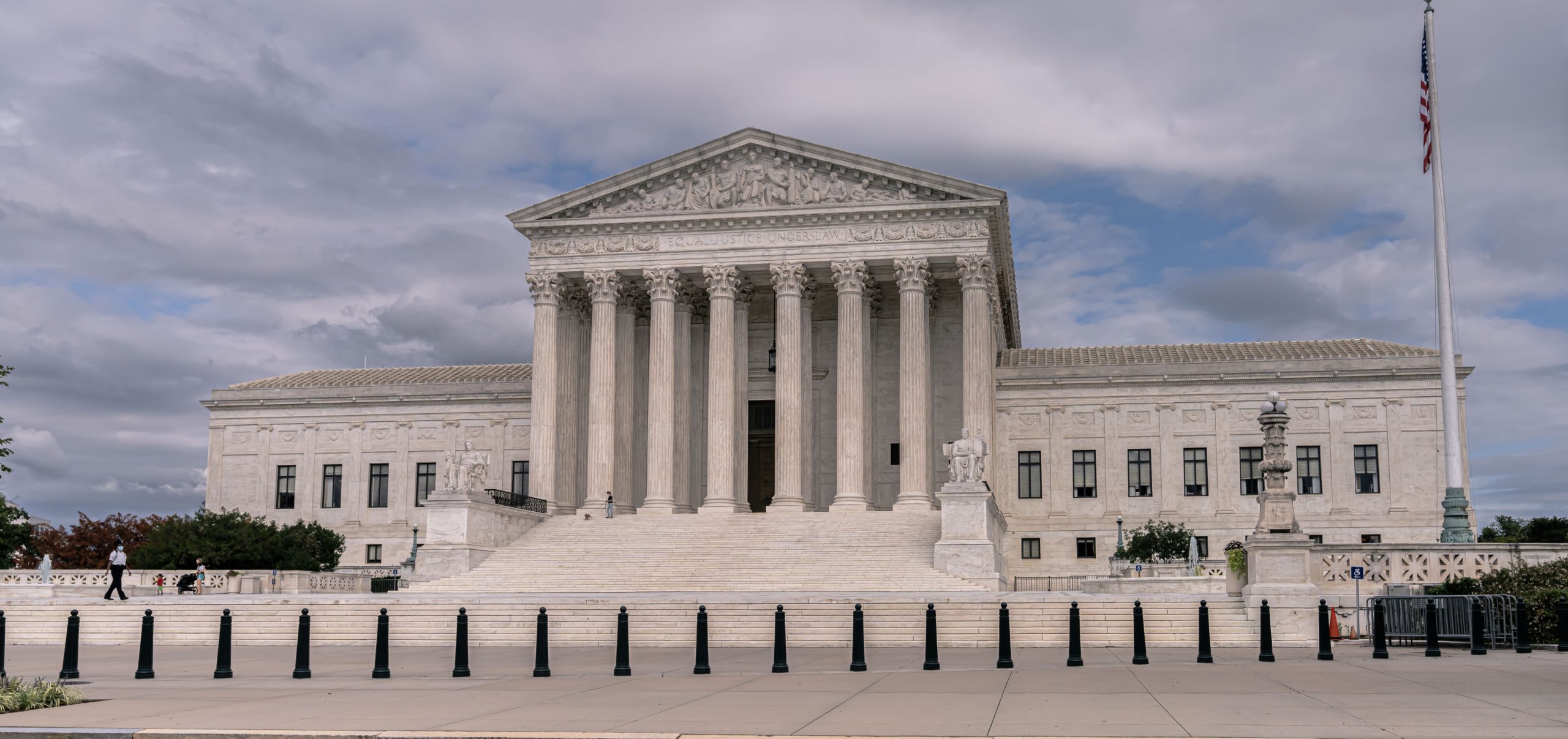This week in legal news
- Circuit court rules that a man who created a fake police department Facebook page is unable to recover damages from his arrest
- An assistant prosecutor accidentally shoots himself in the courthouse
- Former New Jersey paralegal is convicted for outing witnesses against her gang member son
- Appeals court disallows a firm fee for attorneys who leave and take clients with them
- The DOJ releases new website accessibility guidelines
Man who created a fake police Facebook page cannot recover damages from his arrest and the seizures of his property
Anthony Novak of Parma, Ohio created a fake Facebook page that claimed to be the police department. This led to his arrest, a search of his home, and the seizure of his laptop and phone. The 6th Circuit Court of Appeals has ruled that Novak cannot recover damages from those events because the Parma police had qualified immunity protecting them from Novak’s claims.
Novak’s fake police department page claimed that the department was offering free abortions in a police van and a “pedophile reform event” with a “no means no” learning station, the 6th Circuit said in its April 29 opinion. The fake page also included a job posting that “strongly encourag[ed] minorities to not apply,” according to prior coverage of the case. Novak deleted comments that made clear that the Facebook page was fake. (Via ABA Journal)
When people called the police department to ask if the page was real, the department issued a warning about the fake page on social media. Novak copied that warning onto the fake account.
Novak took the page down when the police issued a press release and the local news announced that there would be an investigation into the fake account. The page was up for 12 hours and had about 100 followers before it was taken down. The authorities discovered Novak’s ownership of the page through a search warrant for Facebook.
Assistant prosecutor accidentally shoots himself in the courthouse while showing gun to a coworker
Matthew Breedon, an Assistant District Attorney, shot himself in the leg in a courthouse in Georgia. The gun was accidentally fired as he drew it from his holster.
Breedon reached for his gun to show it to a co-worker interested in buying the same model, the report said. The shooting happened inside their office at the Effingham County courthouse, about 25 miles (40 kilometers) northwest of Savannah. The investigator assigned to the case requested that it be declared inactive with no charges filed, WJCL-TV reported, citing sherriff’s documents obtained through an open records request. (Via Associated Press)
Sherriff’s reports indicate that Breedon’s gun was returned to him after the incident.
Former paralegal in federal prosecution office is convicted for outing witnesses against her gang member son
Tawanna Hilliard was convicted after accusations that she outed witnesses who were cooperating against her son, Tyquan Hilliard who is a member of a gang. Tyquan pleaded guilty to witness tampering conspiracy in November 2020 for the same actions.
Tawanna Hilliard obtained the discovery in her son’s robbery case, including the recorded statements. She discussed the videos in recorded phone calls with her incarcerated son. She also uploaded John Doe’s statement to the internet under the title, “NYC Brim Gang Member SNITCHING! Pt. 1,” prosecutors said. In another recorded phone call, Tyquan Hilliard asked his mother to send the Jane Doe video to one of his gang associates. The video was uploaded by a different user. Jane and John Doe received death threats after the videos were posted, prosecutors said. (Via ABA Journal)
Tawanna Hilliard had worked for the U.S. attorney general’s office in New Jersey for nine years.
Appeals court decides that firms may not impose a fee on departing attorneys for clients that leave with them
The Colorado Court of Appeals has voided some law firm fees against departing attorneys in a recent opinion. A key part of the decision states that imposing a fee for clients who follow departing lawyers violates the Colorado Rule of Professional Conduct 5.6(a), which prohibits agreements that restrict “the right of a lawyer to practice.”
After associate attorney Grant Bursek left employment at the Denver office of Modern Family Law, the firm demanded that he pay $1,052 for each of the 18 clients who left with him. They pointed to a reimbursement agreement that Bursek had signed earlier that year.
Bursek refused to pay the fee, Modern Family Law then filed a complaint that accused him of breach of contract, both of the reimbursement agreement and in regards to a separate confidentiality and nondisclosure agreement. A district court ruled that the reimbursement agreement was unenforceable due to rule 5.6(a), but entered judgement in favor of the law firm on the basis of the second claim.
However, the appeals court ruled that the fee itself is in violation of the rule.
When considering Modern Family Law’s reimbursement agreement, the Colorado Court of Appeals said, “the close nexus between the fee imposed by the agreement and Bursek’s representation of specific clients is particularly problematic.” The appeals court explained that it could largely impact a lawyer’s autonomy, as well as their client’s choice of representation. The court also pointed out that $1,052 “is not an insignificant sum.”
“That financial burden accumulated for each of the 18 clients that Bursek continued to represent, increasing the likelihood that the $1,052 opportunity cost per client would eventually prove to be a barrier to representation,” according to the court’s opinion. “Thus, at the outset, we conclude that the $1,052 fee, being triggered by the representation of specific clients, had a substantially restrictive effect on Bursek’s practice.” (Via ABA Journal)
The opinion further pointed out that the fee, while supposedly intended to recoup marketing costs, seemed to be intended to prevent competition from another attorney.
Department of Justice releases new website accessibility guidelines to better meet ADA standards
In March, the Department of Justice created new guidelines for website accessibility. These guidelines are compliant with the Americans with Disabilities Act and are in line with Web Content Accessibility Guidelines.
The ADA’s requirements for website accessibility generally include:
- Avoiding poor color contrast
- Not relying only on images or design to show information
- Providing text alternatives for design or widget features
- Captioning videos
- Using online forms correctly
- Having keyboard navigation built into your website
- Plain language content
These are typical examples of website accessibility barriers. The DOJ’s guidance doesn’t currently detail exact technical changes to make. However, it speaks to website accessibility enforcement becoming a larger priority in the coming months. (Via Findlaw)
You can review ADA guidelines on the ADA.gov website.





